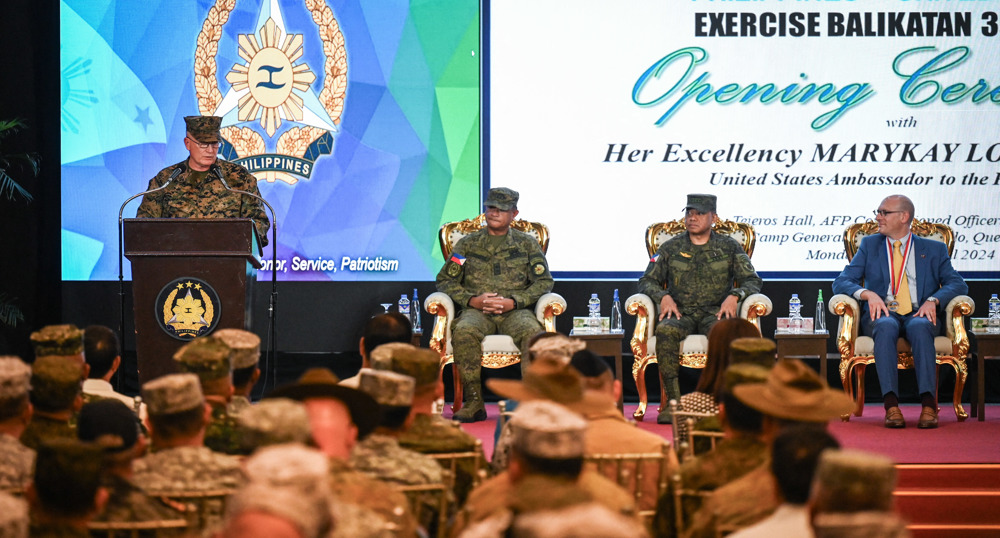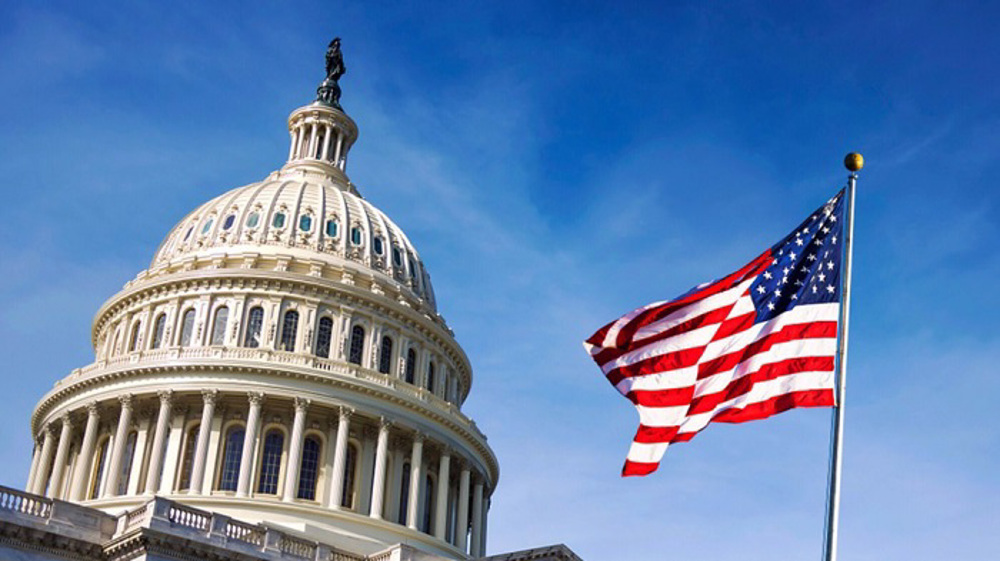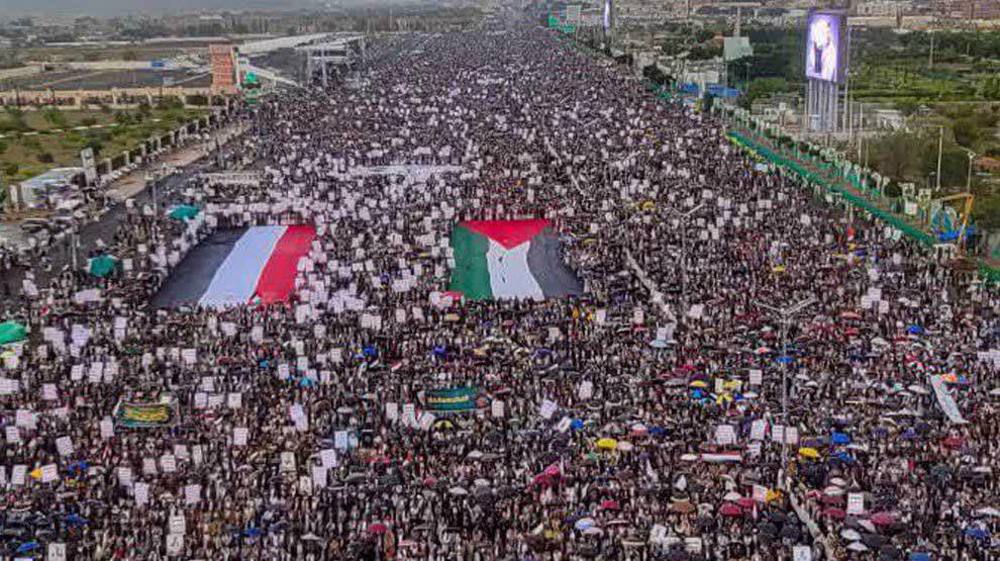France beats Japan, Germany to win lucrative Australia deal
Australia awards France a $40-billion contract to build 12 submarines as the country's arms spending hits new heights amid the US military buildup in the Asia-Pacific region.
Australian Prime Minister Malcolm Turnbull said on Tuesday France’s state-controlled naval contractor DCNS Group had beaten bids from Germany’s TKS company and the Japanese government to secure the deal.
He said the vessels would be built in Adelaide using Australian steel and the first French-made submarine will hit the water in the early 2030s.
Australia says the project is part of a plan to protect its strategic interests in the Asia-Pacific region, where the US and its allies seek to check the increasing power of China.
Australia’s defense and security expenditures have more than doubled in recent years.
The country's growing military budget and force buildup is largely geared to more overseas support for US and allied intervention. Australian intelligence is seen as an adjunct to US agencies.

US buildup
In recent years, Washington has been moving more troops and military assets into the region and strengthening security alliances with a number of ASEAN members.
Under President Barack Obama's “strategic pivot” of rebalancing, the US has been shifting diplomatic and military resources to the Asia-Pacific region.
The military buildup has coincided with China's moves to enforce its claims and expand its presence in the South China Sea.
The US is worried about the weapons and military infrastructure Beijing is stationing on the man-made islands being built in disputed waters.
With those resources, China is gaining both a quick strike capability and naval superiority over other countries in the region.
In Australia last year, over 1,000 US Marines were deployed to the city of Darwin to join in exercises with Australian Defense Forces. By 2017, the number of rotational deployments will increase to 2,500.
The Supreme Court of the Philippines recently endorsed a security agreement that will station US troops and weapons on a rotational basis at five Philippine military airfields and two naval bases.
The recent buildup in Southeast Asia is complemented by extensive US military bases and deployments in Guam, Japan and South Korea.
Japan angry
The victory for DCNS Group is viewed as a boost for France and a major blow to Japan that had initially been seen as the winner of the contract.
Japanese Defense Minister Gen Nakatani said the Australian government’s decision was “deeply regrettable,” adding, “We will ask Australia to explain why they didn’t pick our design.”
Under the deal, DCNS Group will build a diesel-electric version of its 5,000-tonne Barracuda nuclear-powered submarine for Australia.
Local media had reported that former Premier Tony Abbot and Japan’s Prime Minister Schinzo Abe privately agreed in 2014 to give the contract to Tokyo in order to deepen military ties with Japan.
The deal came after several months of lobbying campaign that involved senior political leaders of the countries and the bidding companies. Turnbull called French President Francois Holland on Monday to inform him of Paris’ victory.
VIDEO | Iran marks defeat of US military operation in Tabas Desert
VIDEO | Press TV's news headlines
US troopers crack down on pro-Palestinian protests at University of Texas
VIDEO | German warship departs Red Sea as EU 'naval mission' fails
VIDEO | Palestinians inspect rubble of destroyed building in Rafah
Yemeni forces strike US, Israeli vessels in fresh pro-Palestinian operations
‘Say no to Biden’: US college being pressed not to endorse genocide
VIDEO | UN: Alarming food insecurity crisis grips Afghanistan














 This makes it easy to access the Press TV website
This makes it easy to access the Press TV website